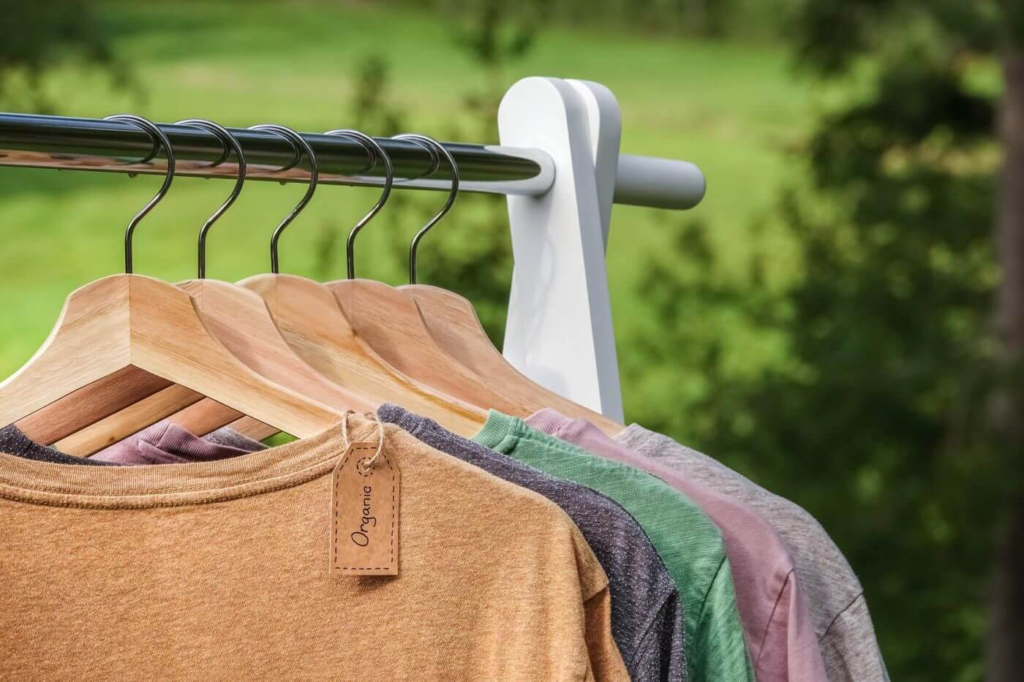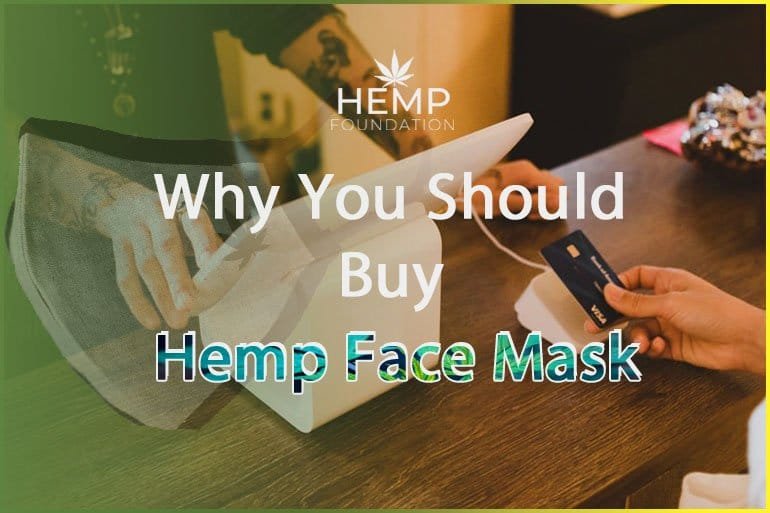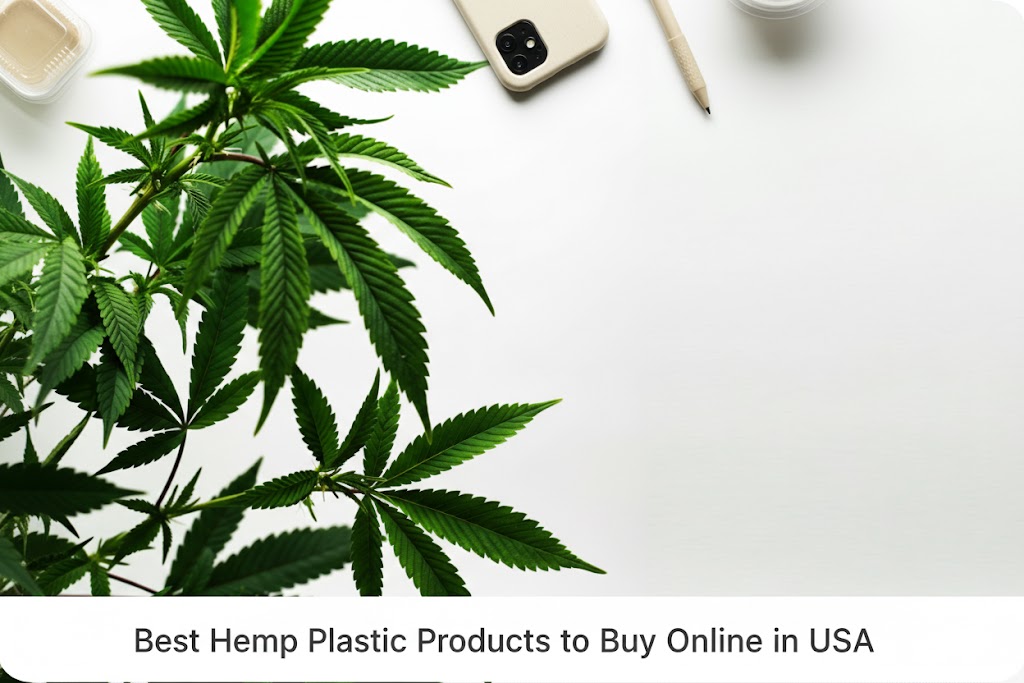The four month miracle of ‘hemp paper’ saves 300 million trees every year
Every year, we lose about 10 million hectares of forest. The consequences of such rampant deforestation are huge.
Climate change.
Loss of biodiversity.
A messed-up water cycle.
These are just some of the outcomes of deforestation.
So why can’t we just stop cutting down trees? Simply because we need wood for paper, construction, textiles, and even fuel. Plus, we need the land for feeding and housing the global population.
The only solution? Finding alternatives to everything that we get out of deforestation.
Surprisingly, that solution is available. And that is hemp.
Hemp is a versatile, sustainable crop that’s been around for thousands of years. However, legal restraints have held us back from using it to its full potential.
The good part? There have been changes in laws across the globe that have made hemp cultivation, production and use possible.
But can hemp make deforestation entirely obsolete? To a large extent. In this blog, we will talk about how hemp can reduce the need for cutting trees.
Of course, when we are talking about cutting of trees, we are talking of deforestation.
What are the major causes of deforestation
First off, let’s understand why we’re cutting down so many trees.
Spoiler: It’s not just for paper, although that’s a big chunk of it.
Paper Production
Millions of trees are cut every year just to make paper. Think of all the notebooks, newspapers, cardboard, and, well, toilet paper we go through. About 14% of all deforestation is done to meet our needs for paper. Finding sustainable alternatives to wood-based paper should be our top priority.
Construction Materials
Timber and wood are the building blocks for homes, offices, and even some furniture.
Textiles and Fabrics
Cotton farming is another industry that causes deforestation. It requires massive amounts of land which we get by cutting down trees. 300 million trees are cut each year and turned into fabric.
Fuel and Energy
Wood is still a primary source of fuel in many places around the world. Not to mention, palm oil plantations are a big driver of deforestation too.
It’s clear: tree-cutting is tied to many industries. And as long as we keep using trees for everything, the forests are in trouble.
Now, let’s get to the good part: how hemp can step in and seriously reduce the need for all that tree-cutting.
Can hemp give us paper, furniture, clothes, and fuel?
Lets’s see.
Hemp for Paper Production

Hemp grows faster and yields way more than trees, so right off the bat, we’re winning.
In just about 4 months, hemp can be harvested, compared to decades for trees.
Using hemp pulp for paper makes it stronger and more durable. Plus, it can be recycled more times than wood-based paper. So, there are many benefits of hemp paper over wood.
This means, with tree-free paper production, we’re not just saving trees; we’re getting better paper in return.
Check out how hemp paper is made in this video here.
Hemp for Construction Materials

Most people think of hemp as a delicate plant growing in the fields.
It is rarely associated with the strength required from construction materials. But with the right processing, it can make a great building material.
Hempcrete, a biocomposite material, is made from the woody core of the hemp plant.
Hempcrete is not just an alternative to timber but also an excellent insulator.
It’s fire-resistant, durable, and can even absorb carbon. So hemp could help build strong, comfortable, and safe homes without chopping down trees.
Hemp for Textiles and Fabrics

Hemp’s not just for construction and hemp paper. It’s also a fantastic fabric.
It requires less water and fewer pesticides to grow than cotton, and it’s way more durable.
Plus, it doesn’t need to be replanted every year, unlike cotton.
So, by switching to hemp fabric, we reduce the land required for cotton farming, which means less deforestation.
Hemp for Biofuels and Energy

Hemp can also produce fuels that act as an alternative to palm oil and wood for biofuels.
It helps reduce our reliance on harmful palm oil plantations.
It’s a cleaner, more sustainable way to meet our energy needs.
The benefits of switching to hemp
Switching to hemp isn’t just important for saving trees. Hemp also offers a whole host of environmental and economic advantages.
Let’s explore these in detail.
Environmental Benefits
By switching to hemp, we reduce the need to chop down trees for paper, construction, textiles, and energy. This means fewer forests are destroyed, and more ecosystems are preserved.
Hemp also grows without the heavy use of pesticides and requires far less water than cotton. Plus, it’s a carbon-negative crop. This means it helps sequester carbon instead of releasing it into the atmosphere.
Economic Benefits
Switching to hemp has an initial setup cost. But once that’s done, it is economically beneficial for farmers, manufacturers, and consumers alike.
Hemp is a high-yield crop. This means farmers can harvest it more often and use the land more efficiently. Plus, industries that switch to hemp can reduce their material costs. Also, as consumers become eco-conscious, products made from hemp like hemp paper, hemp clothes, and even hempcrete, are in high demand.
For consumers, hemp products offer unprecedented durability, which also helps save money in the long run.
Reducing deforestation with hemp
Hemp can do wonders in reducing the need for tree-cutting. But it’s important to note that it is not going to eliminate deforestation entirely. There will always be land requirements for things like agriculture, urbanization, and infrastructure.
But if we embrace hemp in more industries, we can significantly limit deforestation.
Hemp won’t make deforestation a thing of the past. but it can help slow it down and prevent further damage. It’s about making smarter, more sustainable choices that reduce the pressure on our forests. The more we turn to hemp, the fewer trees we need to cut down. That, in itself, is a big step in the right direction.
So, next time you’re thinking about paper, construction materials, textiles, or even biofuels, remember: hemp could be the solution that saves our forests.
Ready to make a change? Learn more about hemp, its uses and how it helps in our blog here. Or visit Ukhi.org to buy hemp plastics and Murth.org for other hemp products like hemp paper bags.
Vishal Vivek
Vishal Vivek is the Founder and CEO of Ukhi, a pioneering bio-materials company dedicated to ending plastic pollution by converting agricultural waste into high-performance compostable polymers. With a background in sustainable entrepreneurship and over a decade of technology experience, he leads Ukhi’s vision to create scalable, planet-positive material solutions. Previously, Vishal founded the Hemp Foundation, where he empowered more than 1,000 farmers and advanced sustainable livelihood initiatives. His work has been recognized through awards such as the HDFC Parivartan Grant and featured in leading publications like Forbes and Entrepreneur. Times Group recognized him as a legendary entrepreneur and published his biography in “I Did IT- Vol 2” alongside social pioneers like Bindeshwar Pathak (Sulabh International) and Anshu Gupta (Goonj). Vishal has authored more than 200 articles on sustainability and hemp, reflecting his deep expertise and advocacy for regenerative solutions. His commitment to grassroots impact led him to live in the remote mountains of Uttarakhand, where he immersed himself in the lives of marginal farmers, understanding their challenges and co-creating economic opportunities through hemp-based initiatives. A deeply passionate innovator, Vishal often draws inspiration from seemingly impossible achievements: “If Elon Musk can make rockets reusable, or Dashrath Manjhi can carve a path through a mountain with rudimentary tools, why can’t we eliminate the demon of single-use plastic while uplifting struggling farmers? We will make it happen—whatever it takes.” Ukhi is proud to be supported by premier institutions including IIT Guwahati, NSRCEL-IIM Bangalore, Indian School of Business (Hyderabad), Indian Council of Agricultural Research (ICAR Pusa), and the Indian Institute of Packaging. Vishal is committed to demonstrating that business can be a powerful catalyst for global environmental and social good. Connect with Vishal Vivek
Related Posts
Why You Should Buy Hemp Face Mask
12 Reasons You Should Buy Hemp Face Mask Over Cotton Face Mask Covid-19 has changed our lifestyle fo
10 times hemp plastic news made headlines in 2024
Hemp plastic isn’t a new concept. Henry Ford designed a car made from hemp plastic in 1942. Si
Best Hemp Plastic Products to Buy Online (2026) in USA
There’s never been more noise in the world of hemp plastic products. Some are genuinely sustainabl




